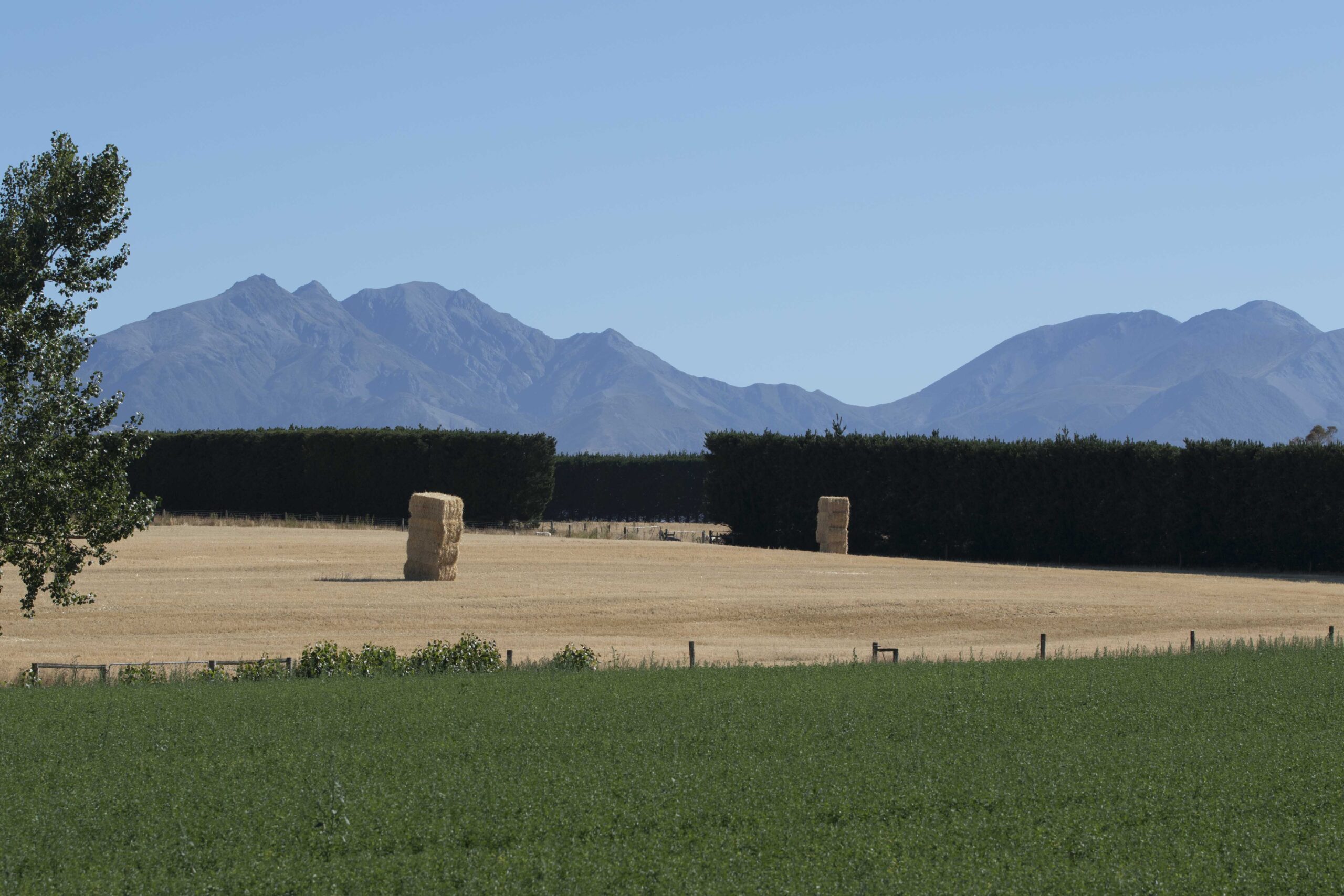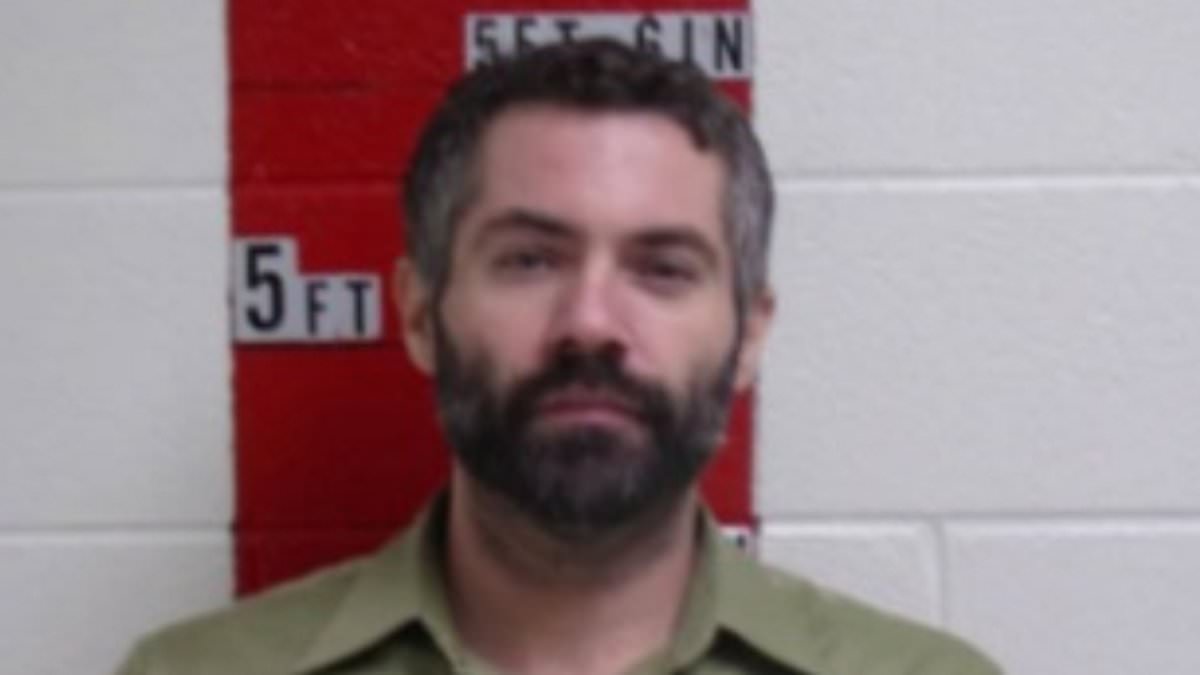Copyright farmersweekly

Reading Time: 2 minutes While chemical resistance is a problem for the seed industry, it is manageable at this stage, but industry must stand up, PGG Wrightson Seeds arable business manager Graeme Jones says. Addressing the recent New Zealand Institute of Agricultural and Horticultural Science forum at Lincoln, Jones told the more than 150 attendees that industry has work to do and agronomists must take a lead. “We have developed a hands-on approach between ourselves and our arable customers, but to compete in the global market we cannot rely on that alone,” Jones said. “There is also a technical requirement to produce seed at the highest quality and yield per hectare. “Customers rely on quality seed. If we fail, we lose markets.” The impact of chemical loss on farms also affects farm support businesses. “Broadleaf weed resistance has an impact on export markets for all crops, and we have got to be looking at how we provide quality turf seed into these markets. “We have to strive for best and consistent product quality to get more value into the industry that really needs it. “We have got to maintain the viability for the grower and the NZ seed industry.” Jones said it is not an individual problem. “Industry must stand up. Don’t blame ag chemicals, farmers, agronomists. This must be addressed industry-wide. “Go away from blame. Testing is essential; agronomists must take a lead and ensure growers are testing. “We have to educate growers and make growers aware the biggest thing with the herbicide testing is getting samples. The amount of testing we are doing is not enough. “We need more emphasis on this as an industry.” Jones said too often the initial outcome is that the chemical has failed “But it’s not necessarily chemical fail. It is more often user fail. Not reading labels properly, a using-it-will-do attitude. Well, it won’t do.” Good decision making and early detection are essential. “Agronomists must work with growers to build strategy and execute many years of ongoing monitoring and good decision making. “The status on farm is very critical. This is not a one-, two-, or three-year system. It’s not just spraying a paddock. We are, ongoing, treating a whole-farm system.” New registrations are a concern. The rate of resistance is a lot faster than the rate of new chemistry coming to market with the price pressure on current off-patent proprietaries by generic chemistry effecting the ongoing investment by global ag-chem companies in NZ. “The importance of herbicide resistance is non-negotiable; we need to have no roadblocks in place. The responsibility runs right across the industry,” Jones said.



